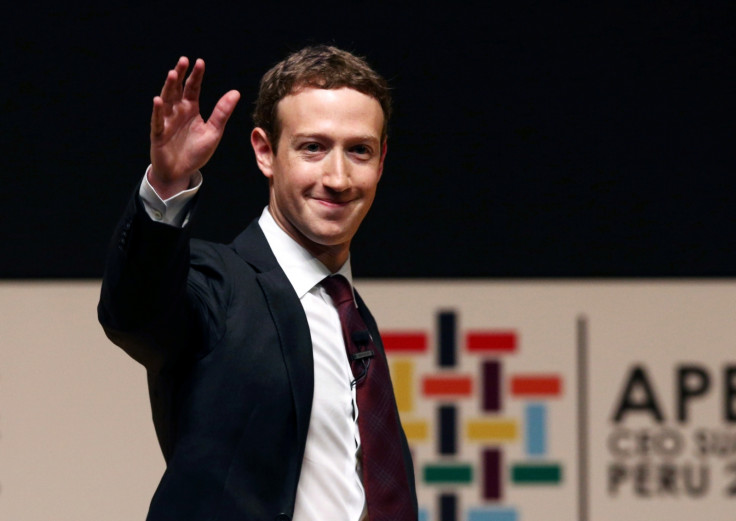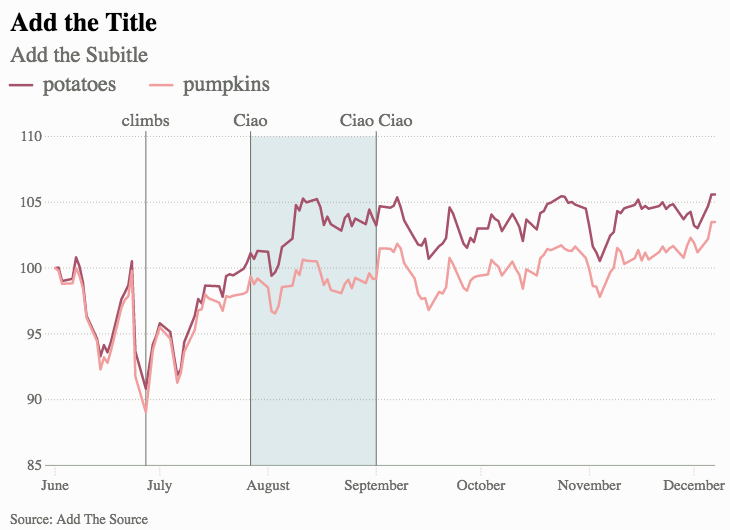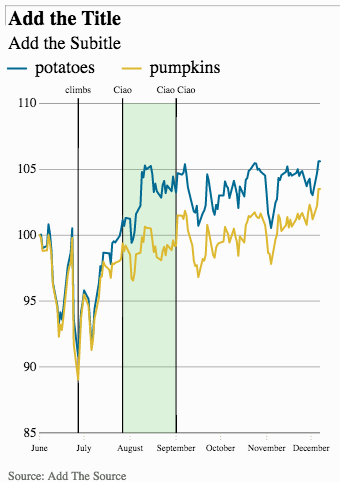Oxfam's inequality report ignores the facts on poverty and billionaires
Zuckerberg and Gates got rich by creating something people want – we can't confiscate successful businesses.

I've no particular animus against the Davos World Economic Forum. If rich bozos want to visit a pleasant resort at their own expense to waffle harmlessly about the state of the world, so be it. My only real grouse is that every year the Forum is marked by the publication of Oxfam's annual report on global wealth, which grabs headlines by showing the disparity between the wealth of a handful of billionaires and the rest of humanity.
This year we learn that just eight billionaires have net worth equivalent to that of the bottom half of the world's population. The eight individuals identified in the reports are Bill Gates, Amancio Ortega, Warren Buffett, Carlos Slim Helu, Jeff Bezos, Mark Zuckerberg, Larry Ellison and Michael Bloomberg.
This is the killer fact for their report, and the basis for their assertion that there is a global ''inequality crisis'', but what does it really tell us? You could point out that, large as these guys' fortunes are, they only account for 0.0017 of total global net wealth. You could also point out that wealth is inevitably unequally distributed. In large part it represents savings (in the UK often in the form of housing), of which the old have a lot, and the young little if any. The median age of the world's population is 28, so go figure.
Indeed, many young people in Europe and North America have student and other debts which mean their negative net wealth puts them in the bottom 50% of the world's wealth distribution, as Oxfam admits in its report.


You could also remember the volatility of wealth: the top billionaires this year may not rank in the same way next year, as asset values fluctuate wildly. All asset prices reflect the present value of future earning power, and this can alter sharply in response to unforeseen economic change.
Of course one element of future earning power – human capital in the form of skills and qualifications – cannot be assessed easily, and is therefore completely omitted from wealth statistics. Yet the future earning power of the growing millions of young graduates worldwide is on average a much more predictable source of income than particular company shares or other financial assets.
But I don't want to quibble with the data too much. There is certainly a massive degree of wealth inequality worldwide. What I dislike is the unsubstantiated inferences drawn from the data by Oxfam. Their claims are that workers are being squeezed by having their unions undermined, farm producers are squeezed by rapacious corporations, tax dodging is endemic and ''crony capitalism'' enables the super-rich to gain privileges from government. The ultimate villain is ''the free market'' which is apparently blindly worshipped by policy-makers. This may be news to many in business, where scarcely a week goes by without new rules and regulations being proposed.
It's possible to take a different view. If we focus on poverty, rather than inequality, there is a much more positive story to tell. Despite the failings of the free market, which nobody has in reality ever claimed is perfect, extreme poverty in World Bank terms continues to decline year on year. The global ''middle class'' grows correspondingly. New areas of the world are continually opening up their potential.
I'd also speak up for some of the billionaires that Oxfam dislikes. People like Bill Gates, Mark Zuckerberg of Facebook and Jeff Bezos of Amazon have gained their riches largely through creating something which other people value highly, not by tax fiddles and government favours. In a society where there are property rights – the ultimate defence of the citizen against the state – riches accrue to those who have created hot property. What is the alternative? Should we confiscate businesses that become too successful? Or tax fortunes out of existence?
Oxfam's view is that ''our economy must stop excessively rewarding those at the top and start working for all people. Accountable and visionary governments, businesses that work in the interests of workers and producers, a valued environment, women's rights and a strong system of fair taxation, are central to [a] more human economy''.
This sort of stuff is loved by Guardian readers and dreamy adolescents, but what does it actually mean?
The economy isn't a machine that can be used to meet some overriding and universally agreed priorities, but a messy system of compromises between interests which necessarily conflict. Until Oxfam realises this and comes out with a more sensible analysis, its annual bleatings will remain as irrelevant as the Davos sideshow.
Len Shackleton is professor of economics at the University of Buckingham, and editorial and research fellow at the Institute of Economic Affairs.
© Copyright IBTimes 2024. All rights reserved.






